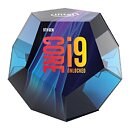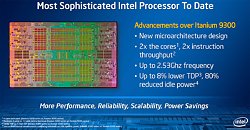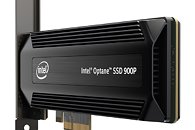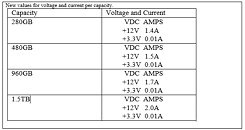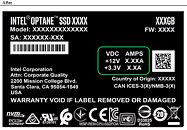Intel late last week released a PCN (product change notification), which stated that it has assigned its manufacturing facilities in Vietnam as an "additional site for test and finish." This would entail final quality assurance testing of its nearly-ready products and "finishing," which involves final retail packaging. The Intel facility in Vietnam will work in concert with its largest Asian manufacturing facility, located in Malaysia. "While Assembly, Test and Finish will continue to be done in PGAT (Malaysia), Intel will also have assembled material sent to VNAT (Vietnam) to perform the Test/Finish portions of the manufacturing process. Please note that Vietnam has been certified equivalent (form, fit, function, and reliability) for the affected products and technologies of this change," the PCN reads.
The products named in the PCN are the company's new flagship MSDT processor, the 8-core/16-thread Core i9-9900K, the second-best 8-core/8-thread Core i7-9700K, and the 6-core/-6-thread Core i5-9600K. "Fab, Sort and Assembly Test Manufacturing follow a philosophy, enables delivery of product from multiple production sites, which operate as a virtual factory that performs consistently and independent of the manufacturing source site. Additional benefits include faster production ramps that improve product availability and improved consistency to quality performance," it concludes. Intel had, earlier this year, raised its capital expenditure by an additional $1 billion YoY to around $16 billion, in a bid to increase its volumes as the industry faces supply shortages from Intel, which the company claims is due to "increased demand," rather than a short-supply. Intel has also roped in its small foundry located in Leixlip, Ireland.





